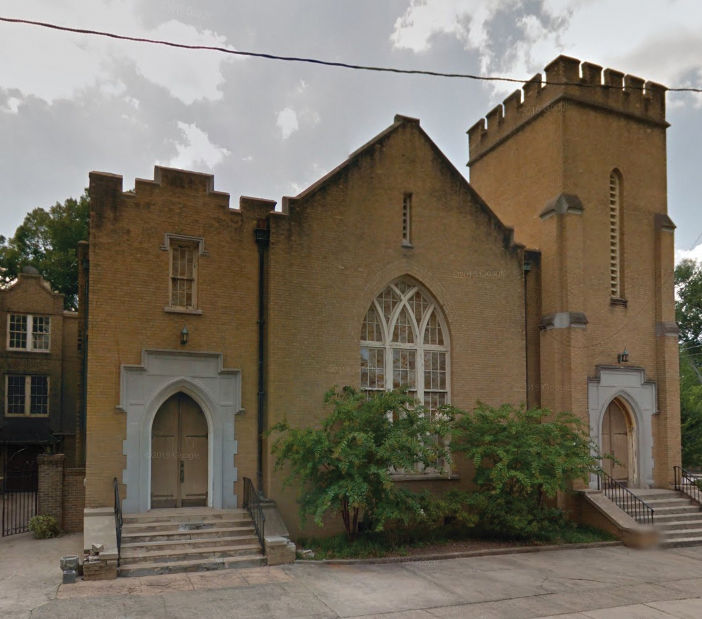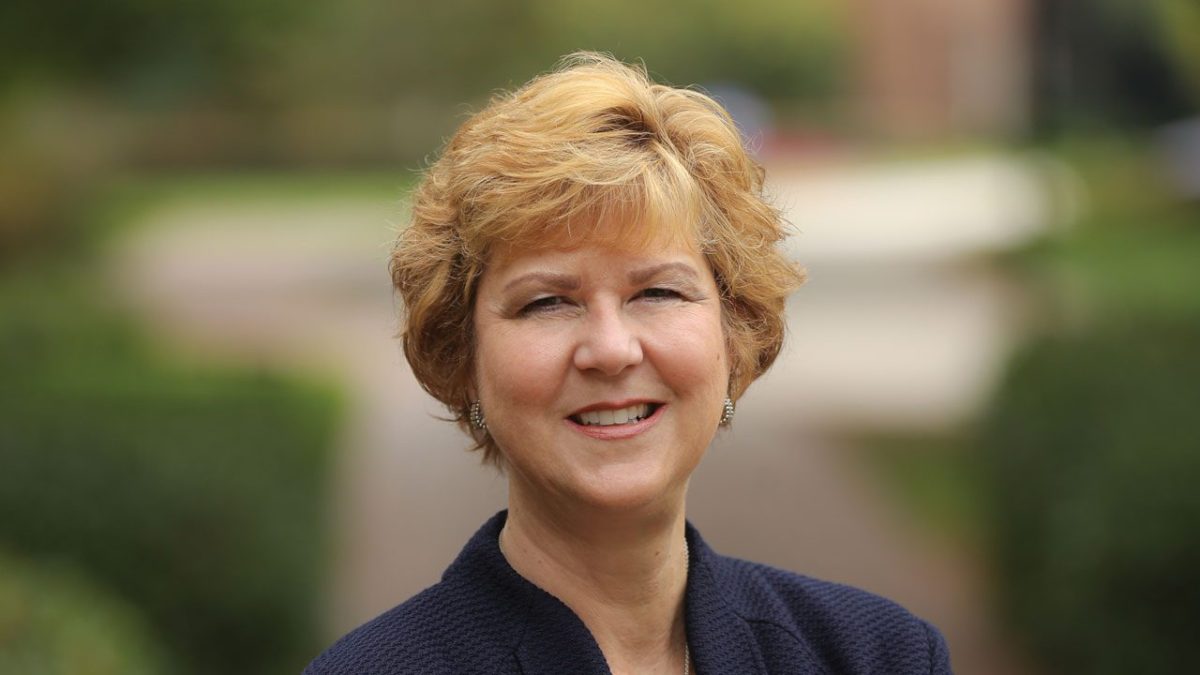
To Furman students, the Frazee Dream Center is a place to volunteer after classes and to help young students to reach their full potential through after-school programs. However, not much is known about its origins. In 2006, Frazee Dream Center founder Matt Reeves sold his successful landscaping business to buy an old building in downtown Greenville and work full-time with children in poverty. He changed careers because he felt his Christian background was pushing him to serve those in need. Today, the Frazee Dream Center serves more than 140 students every day and shows no sign of slowing down.
Q: How did Frazee first start?
A: [My wife] Jenny and I began to kind of move away from kind of our standard religious practice and figured out what it would look like to serve people who couldn’t serve us back. We would meet a bunch of kids who didn’t grow up and have the same things, the same outlook on life that we did, and most of these kids were 13, 16-years-old. A lot of the kids would come from single-parent homes, and their future looked totally different than mine did at 14-years-old, and so we just started to figure out: ‘What can we do—this is a good couple of weeks, during the summer—but how could we extend this?’ We didn’t know poverty existed like it did in Greenville—Greenville has twice the poverty of any other county in South Carolina. So I bought this old building, because we knew we had to be close to where the kids were because transportation is a huge deal in poverty. We had about 10 kids, and they started coming every day.
Q: How did you meet these 10 children?
A: I walked in the neighborhood and knocked on doors. We really did believe at the time that if you educate children and train them very well, they’d go to college, and their lives would be great.
Q: Did that happen like you thought it would?
A: No, it just didn’t work out that way. The theology that we had as upper middle-class folks does not work for folks in poverty. If something goes wrong, I can pray for it, but I can also go to the doctor. I can pray for my mortgage to be paid, but I can also pick up another job. I can pray for food, but I can also go to the grocery store. And so all these things that I had grown up with, just thinking that these people just need to work harder or plan better, and all of that doesn’t work in their lives.
Q: How exactly did you want to help these children?
A: We realized that there are a lot of things missing that I was taught early on. The first time that these 10 kids came to our house—and we had been working with these kids for six months—they hadn’t realized that Jenny and I lived together. So we have two children, and these 10 kids just could not put together this traditional family, because they had never seen people from that background. It’s not that they thought it was wrong. It’s not that they thought it was weird. It was just a brand new thing, and some of these kids were third or fourth grade. So that was something that was very enlightening, to understand that with a lot of our children everything’s temporary: housing, school, brothers and sisters, even, are temporary. I started thinking about all of my relationships that I had, and they’re permanent. My brothers and sisters have always been in my house and my parents were always there. I just had a huge permanence as a child, and permanence gives you a lot of stability and confidence. So we decided this place should be a place where it’s the same every day—the one thing in life that’s always the same, every day.
Q: How successful have you been in that regard?
A: [The children] go to school at 6:30 in the morning, get out of school at 2:15, they get here at 2:30, and they leave between 6:30 and 7:00. Our moms are just tired. They work their tails off all day, and so they go home and go to bed, just because they’re so tired. The last thing you want to do after working a 12-hour shift is sign three different kids’ homework, because you’re so tired. So we started taking on that role of mom. We do PTA things, and we do teacher-conferences, and we sign-off on homework everyday, and we make sure we go to the programs. Everybody thinks that in poverty, moms are just drug-addled, lazy people, and that’s just not the case.
Q: What is the most important thing you teach at Frazee?
A: We teach four things: work hard, respect authority, love everyone and forgive quickly. We believe a lot in the teachings of Jesus. We really do, but in a real pragmatic sense and less of a cosmic sense. We tried to figure out how to give these kids the tools to build a permanent relationship with folks, whether it be coworkers or a spouse or a boyfriend or even their children, and all that’s taught.
Q: How does poverty affect someone’s life?
A: We had a kid that lived with us who was 21 when he moved in, and he came as a parent with a two-year-old, and we tried to teach him to raise his daughter. He wanted to be a good dad; he’s a great worker, but he wanted to be a good dad. And so I said, ‘You need to move in with us.’ He moved in with us for a year, and I started looking at my own life and looking at his, and all the choices that I had laid out for me were choices that all lead me in the same direction. They weren’t really choices at all. It was always where I’m going to college, it was never if I’m going to college. His choice was, I mean, all kinds of stuff: which girl am I going to get pregnant—not am I going to college, but which girl.
Q: Did Frazee start off like you originally planned?
A: With the theology we knew at the time, we really did think that if we get these kids saved, then everything would be okay. Life would change. It didn’t even come close to happening. It was so hard to realize that these dreams that I had were not even close to reality. I thought I would let all of these kids go to college. Why did I think that? Only 22 percent of Americans graduate from college. For our kids, a lot of the times, a C is the best thing we’re going to get, and so all of a sudden I looked at these 10 kids and realized that getting two out of the 10 to go to college would be amazing. How do we create an environment that pushes for excellence? So we read for 20 minutes every day. We realize that everybody has different capabilities, and so how can we structure Frazee so that everyone reaches their potential? We’re trying to figure that out, but it’s hard.
Despite the challenges of the business, Reeves remains steadfast in providing support to youth in need. Furman students who would like to volunteer with the Frazee Dream Center can email [email protected].



























